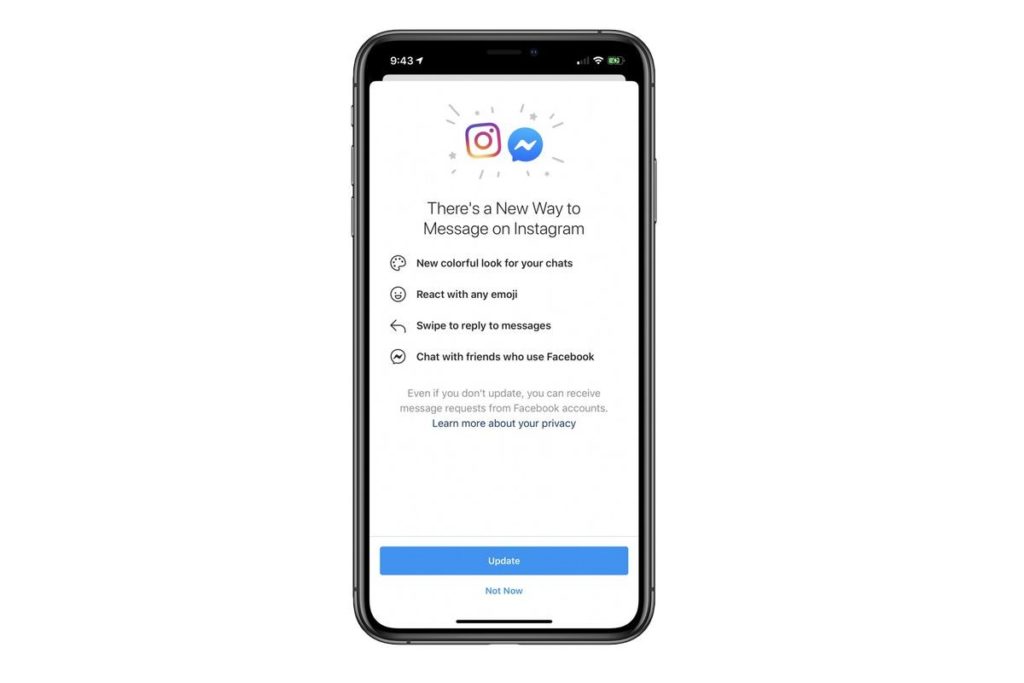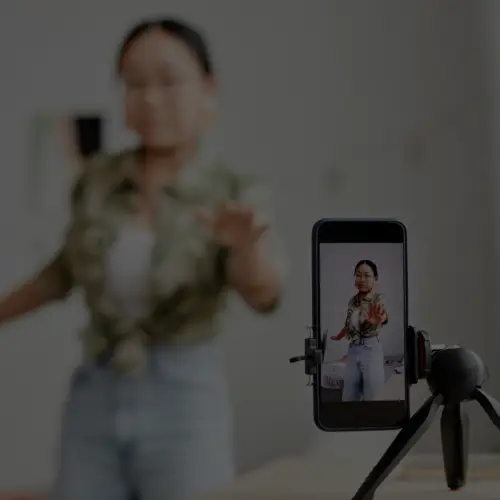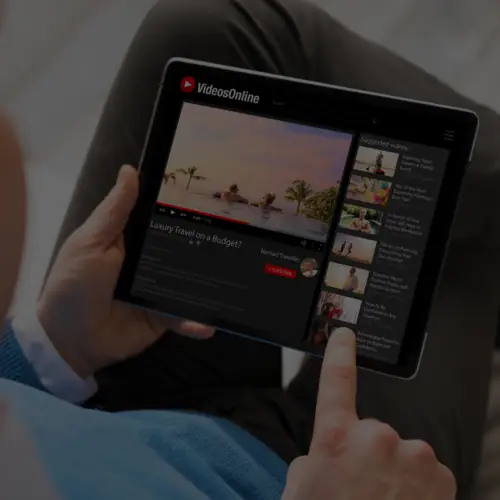
31 Aug The Future of Facebook: Three Trends Worth Watching
A few recent announcements across the social media landscape recently led me to theorize the future direction that Facebook may take. As a leading social media agency, we’ve watched this platform evolve since day one, updating strategies as new features emerged and others disappeared. But current events have made our team wonder what impact new changes will have for social media marketers. Let’s jump right in.
Merging of Instagram Messages and Facebook Messenger
Earlier this month, Facebook began to integrate Messenger into Instagram chats. When users hit the messaging icon, instead of the familiar Instagram DM experience, they saw this screen, pushing them to use Messenger instead.

Image Credit: TheVerge.com
This is likely to be unwelcome to many users, even though it’s a logical step for the conglomerate to take. Why support multiple messaging applications and why block users of one platform from communicating to users on the other?
For example, one of my brothers won’t join Instagram while another won’t join Facebook. It would be nice to communicate with both easily.
However, if that’s the plan, how long will it be before both platforms switch away from Messenger and compel everyone to use WhatsApp, also owned by Facebook. WhatsApp has 2 billion users while Messenger has 1.3 billion. If that’s not the long-term plan, then perhaps letting Messenger take the lead is. Either way, I don’t see the logic in long-term support for both.
Signaling a Path Away from Reliance on Ad Revenue
In 2019, Facebook generated over 98% of its revenue from advertising. While that nearly $70 billion they collected is nothing to sneeze at, growing privacy concerns, combined with a need for continued growth, means Facebook needs to diversify its income streams.
To that end, I believe, they keep looking for ways to get us used to buying things on their platform. We have new paid events options for businesses, for example. While Facebook is not currently taking a cut of that revenue because of COVID-19, they certainly can later.
More recently, they announced the debut of Facebook Shop, designed to make anything on their platform shoppable. This is not to be confused with Facebook Shops, announced earlier, that are designed to help small businesses sell online, just as Instagram Shopping does.
As Visa learned years ago and Shopify leverages today, companies that put themselves between buyers and sellers and add value can drive billions of revenue. Facebook had a shot at this with Facebook Gifts in 2012, but their insistence on taking a 30% cut instead of a Visa-like 2-3% cut meant that only virtual good could be sold with any hope of profit for the seller. Facebook shut down Gifts in 2014.
Swatting Away Competitors
TikTok has taken a lot of the mojo from Facebook just as Snapchat did years ago. Facebook isn’t the kind to let that go. With Snapchat, they successfully introduced Stories (first on Instagram, now on Facebook) and boxed Snapchat into a messaging space more than a social sharing space.
Now, with the introduction of Reels in the United States (on Instagram) earlier this month, they are trying to take on TikTok. Assuming TikTok is still available in the US after September 15, it may be a long slog for Reels. Right now, it seems like a poor imitator, and TikTok’s ability to spread to any social network or website makes the need to use Reels unclear.
Facebook won’t give up easily though, as they’ve also launched a Short Video feature within the Facebook app itself, at least in India. They have also given up on Lasso, a short-lived, standalone TikTok competitor they shuttered in July.
Keep yourself up-to-date on Facebook’s next big move and how it may impact your marketing strategy by subscribing to our bi-weekly newsletter, Social You Should Know, below.
Subscribe to Social You Should Know







